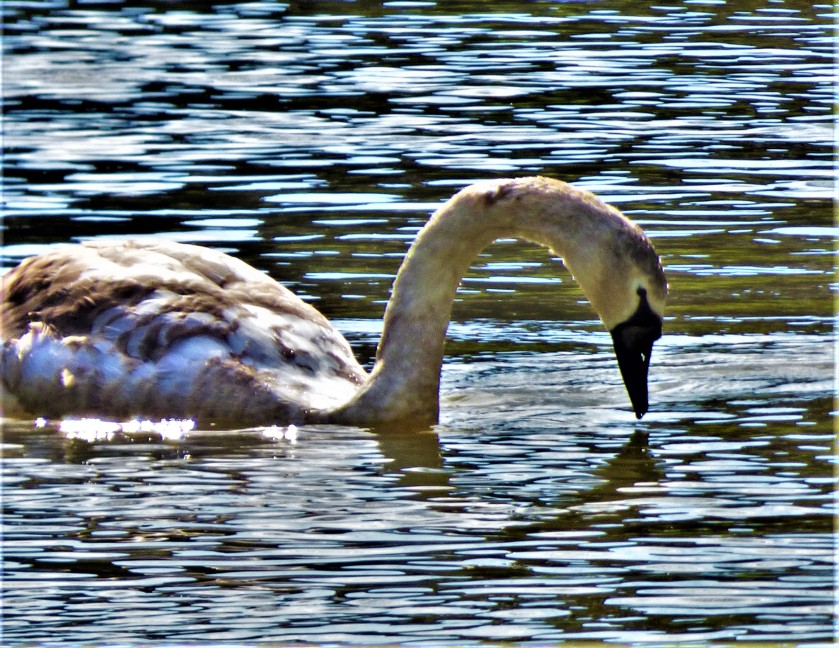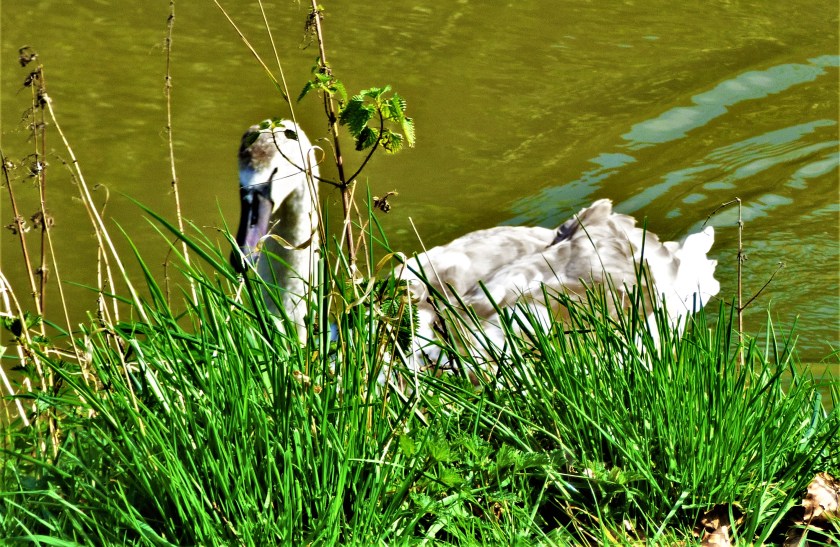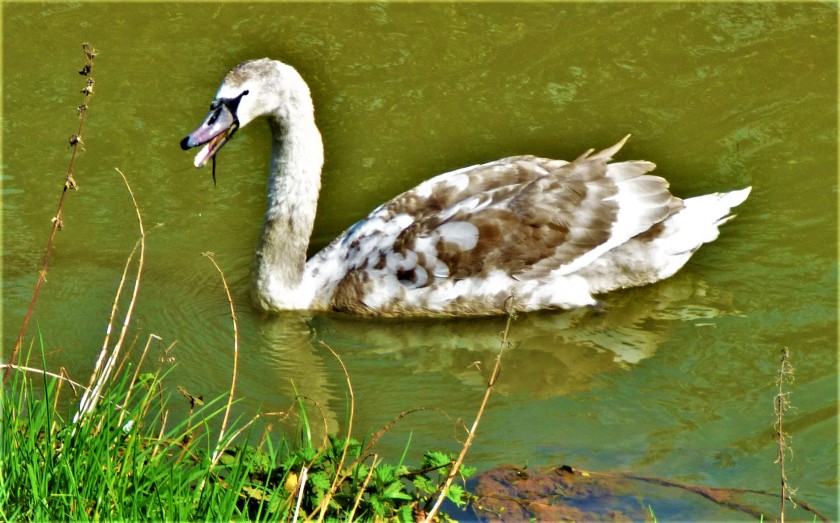INTRODUCTION
Welcome to the continuation of my all-time XIs series that I started with my previous post on here. I started with Surrey, having grown up in south London. I am now moving west to the county of my birth, Gloucestershire.
GLOUCESTERSHIRE ALL TIME XI
- *W G Grace – his record was quite simply astonishing, and he was in many ways the creator of modern cricket. His apparently moderate test record is redeemed by the fact that he was 32 when he made is debut in the first test match on English soil in 1880 and almost 51 when he bowed after the opening match of the 1899 series at Trent Bridge. Gloucestershire was named as Champion County in 1876 and 1877 when he was in his prime. He is the first name on the team sheet for a Gloucetsershire all-time XI not just in terms of his place in the batting order, but in terms of selection.
- Charlie Barnett – an attack minded opener, who in the Trent Bridge test match of 1938 was 98 not out by lunch on the first day (yes, he did complete that ton).
- Tom Graveney – over 47,000 runs and 126 centuries in first class cricket, and apparently an incredibly stylish player as well. I have a set a rule for this series that I will pick a player for only one county, so although in the latter part of his career he played there Graveney will not feature in my Worcestershire XI (note to the proprietor of the fulltoss blog I have already selected this squad).
- Walter Hammond – the third leading all-time scorer of first class centuries, with 167 in all, of which 36 were doubles, including four triples. In 1927 after missing a whole season due to illness he came out and scored over 1,000 runs in May, starting that season on May 7th and reaching his 1,000th run on May 28th. In the winter of 1928-9 he was the batting star of the Ashes series, racking up 905 runs at 113.125 including 251 at Sydney, 200 not out at Melbourne and twin tons at Adelaide.
- Charles Townsend – a middle order batter and leg spin bowler who in 1899 became only the second first-class cricketer after W G Grace to score 2,000 runs and take 100 wickets in the same season, also the first half of the first father and son pair to both represent England.
- Gilbert Jessop – the most consistently aggressive and fast scoring batter ever (see this post – and bear in mind that for almost his whole career a ball had to be sent out of the ground to count six), an intelligent pace bowler (in 1900 he emulated Grace and Townsend by scoring 2,000 runs and taking 100 wickets in a first class season) and a fielder who was reckoned to be worth at least 30 runs an innings to his side in that department.
- Mike Procter – attacking middle order bat and superb fast bowler, my choice as overseas player.
- +Jack Russell – a brilliant wicket keeper, and the sight of him coming in at no 8 after the top seven above would not be a welcome one to any opposition bowlers. He was one of two English cricketers whose stocks unequivocally rose during the disastrous 1989 Ashes, Robin Smith being the other.
- David Lawrence – a genuinely fast bowler whose England chances were spoiled by injury and the fact that the selectors of the day were always too cowardly to select him and Devon Malcolm in the same side
- Charlie Parker – a slow left armer who took more first class wickets than anyone other than Freeman (3,776) and Rhodes (4,187). He did the hat trick six times in first class cricket, including a spell in his benefit match when he hit the stumps five times in succession, but the second was called no-ball.
- Tom Goddard – the leading first class wicket taker among off spinners, with 2,979 scalps in his career (5th all-time). He started as a fast bowler, and indeed took a hat trick in that style, before deciding that he did not enough of a future with that style, and remodelling himself as an off-spinner.
Probably unluckiest of all those who missed out was Reg Sinfield, a top order batter and off spinner, who would certainly by 12th man for me. Also slow left armer George Dennett who took over 2,000 first class wickets without ever gaining international recognition. Arthur Milton, Martin Young and Bill Athey all got to bat for England in their day. Courtney Walsh was also a possible overseas player, but I am limiting myself to one overseas player per XI, and I think that the multi-dimensional Procter has a clear advantage over genuine no11 Walsh. However my chosen combo has an awesome balance – Procter and Lawrence to take the new ball, with very good back up seam bowling options in the form of Jessop and Hammond, a spinner of each type and of course W G himself, making eight genuine bowling options, and the batting is also very strong, with seven definitely recognized batters plus Russell at 8.
PHOTOGRAPHS








